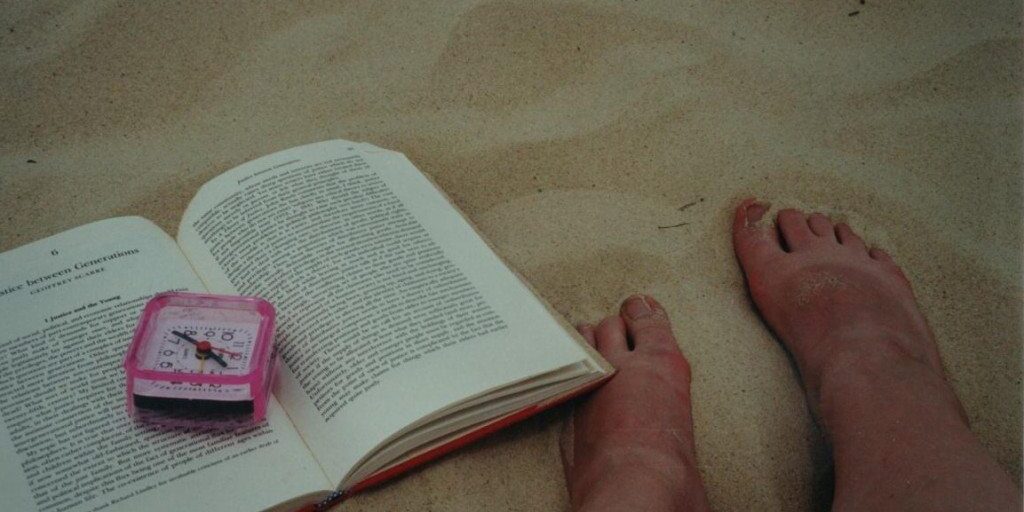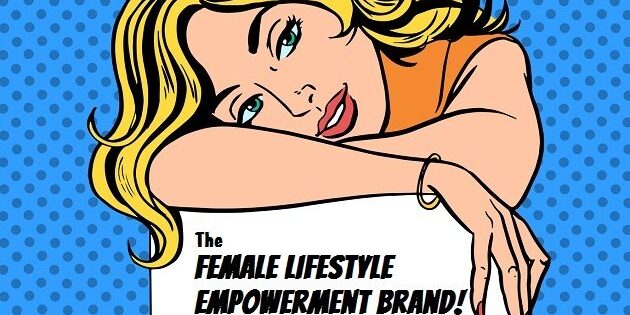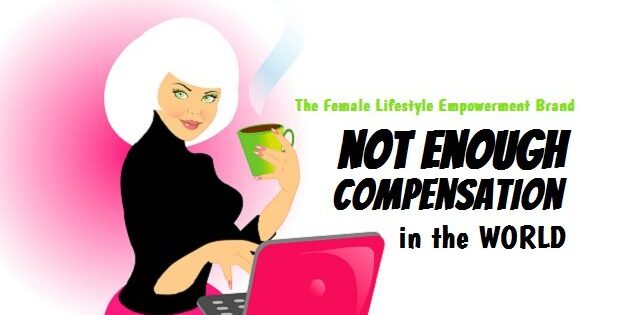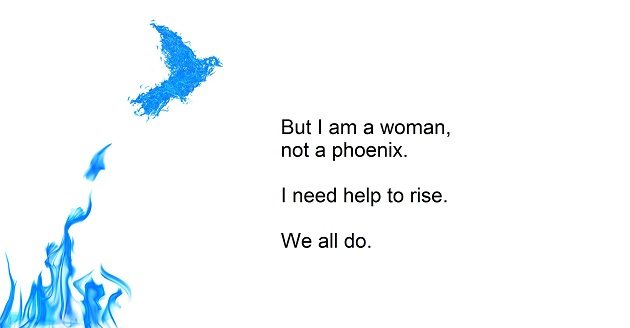
Care is a 4-letter word. So is help.
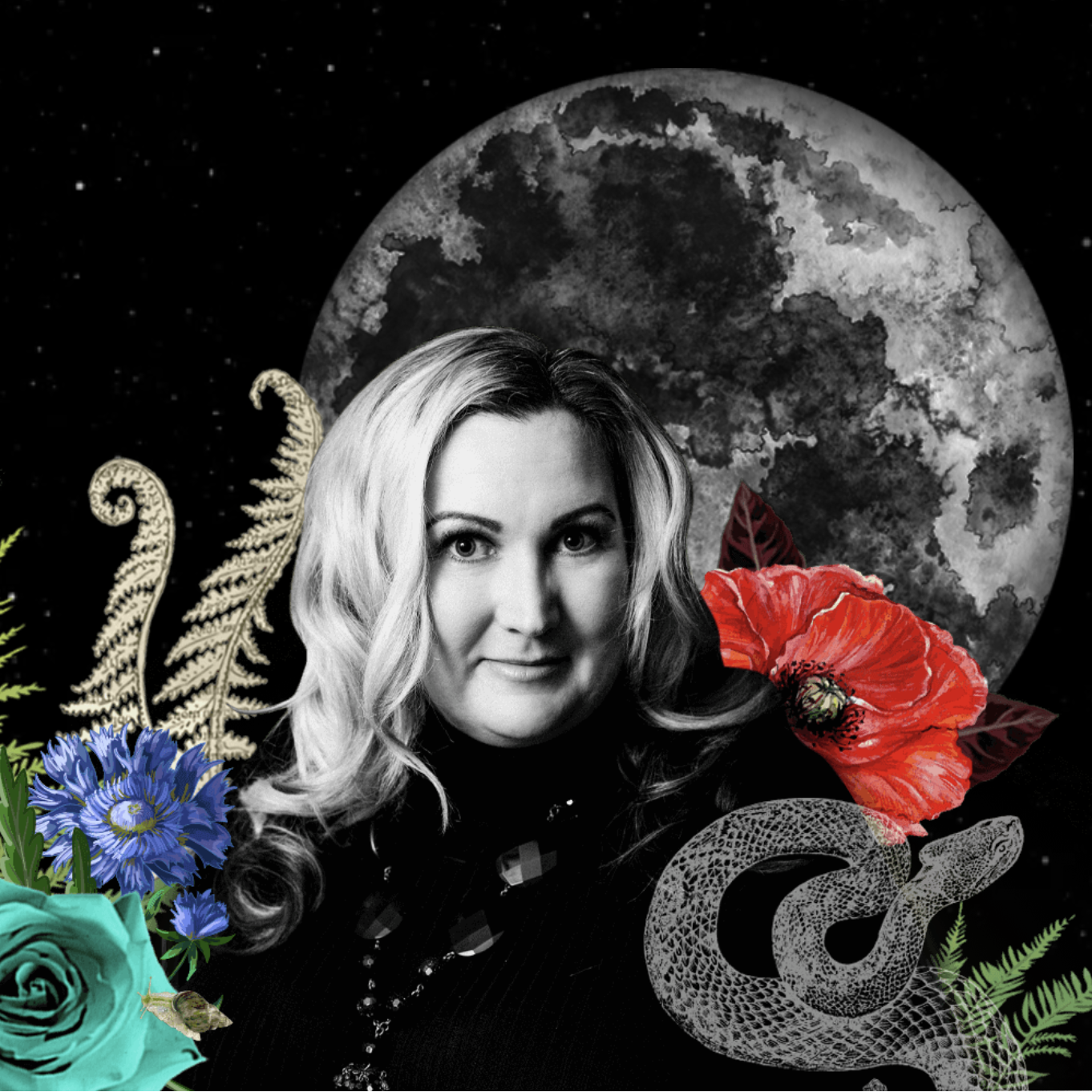
This week I asked a question of my Twitter and Facebook peeps: Do you feel pressure to be upbeat and positive?
There were so many answers: yes; no; sometimes; omg how much time do you have, I’ll put on some coffee; it’s everywhere, this pressure and what the hell is wrong with our culture?!…
…and one answer in particular tore me up. G told us how, when she was diagnosed with cancer and in the hospital having surgery, her husband spent their savings. She came home to three hungry kids and no money for rent. His justification? That having a maybe-dying wife was too much to bear and this was how he coped.
So she coped alone.
She’s not alone. Beth Gainer is a writer who survived breast cancer – but it cost her her marriage. Right after she was diagnosed, her husband told her he was leaving her. She couldn’t bear the thought of enduring treatment on her own, so she begged him to stay. He did – but she went to every doctor’s appointment and every chemo session on her own.
[tweet_dis]In our society, women are the caregivers. But who cares for the caregivers?[/tweet_dis]
I’ve written before that when things go wrong, we offer prayers and love and light, which is nice, but in times of trouble what we truly need is someone to come over and do the laundry. (And in times of mass shootings, we don’t need more “so sorry for your loss” prayers from our leaders; we need legislation.)
In our boot-strapping society, to need help is an admission of failure. To ask for help or to receive it is even worse: it’s parasitic. Just look at how we demonize and stigmatize people in our society who access government support.
Not surprisingly, given this cultural narrative, it’s hard for most of us to ask for help. I think it’s especially hard for women to ask for or accept help.
It’s a personal struggle of mine. (And you know what the second wave said about the personal…)
But not asking for help guarantees I will burn out, professionally and personally. And when I burn out, I burn it down. All of it. [tweet_dis]It’s hard to rise when you’re always sweeping ashes.[/tweet_dis]
[tweet_dis]I am a woman, not a phoenix, so this time around, I asked for help.[/tweet_dis]
I asked my kids. I told them, Mommy is writing a book. I need you to have my back. I need you to make your own lunches, put away your own dishes, make your own beds. When you see me reading or writing, I need you to pretend I’m invisible and wholly unable to adjudicate sibling disputes. I need you to help me protect my time.
I asked my sister, my mom, my niece. That was big.
I asked our babysitters, which is to say, I hired babysitters. That was huge.
I asked my man. Like my kids, like the go-team of superwomen I was assembling, I asked him to have my back. He said yes.
He said yes with his mouth and his pay cheque (all those babysitters…!) and maybe his intentions but not his actions. A mere two weeks later, it all came tumbling down. We almost split up, I’m not going to lie.
I have failed before. I have said I was going to accomplish something professionally and he’s been all in and I let him down and he couldn’t let go of it.
But this book is happening, with him, because of him, or in spite of him.
We broke down. We broke through. We didn’t break up.
Now, thank God, he really does have my back. Now he protects my time like it’s one of our babies.
With his time. With his domestic chores, attentive fathering, gentleness with me when I’m tired (always), his willingness to listen and believe in something he can’t see (yet). With his love-in-action. With his care.
Caregiving isn’t only about what we do for each other in times of crisis. It’s not only needed when there’s a diagnosis. It’s what we all need to rise, together.
It’s what we all need to offer.
And accept.
And oh, I do.
November is National Family Caregiver Month and Heather Von St. James invited me to write something to honour the caregivers in my life.

